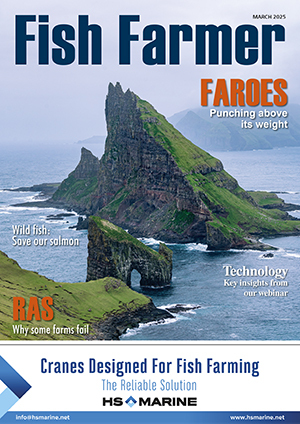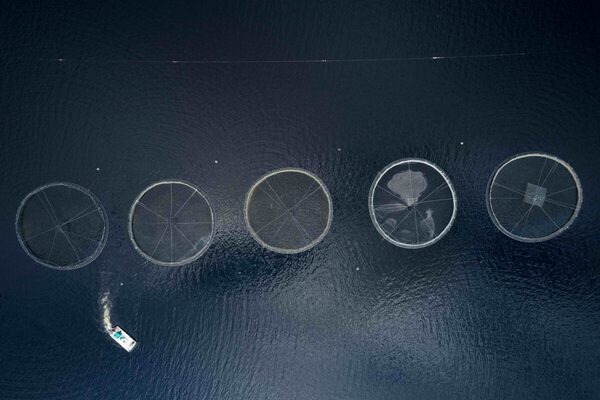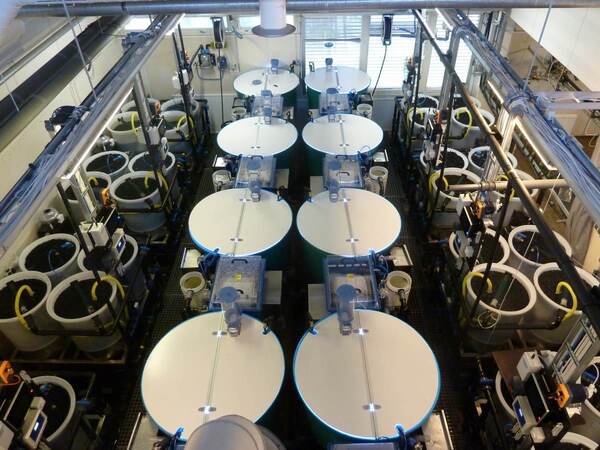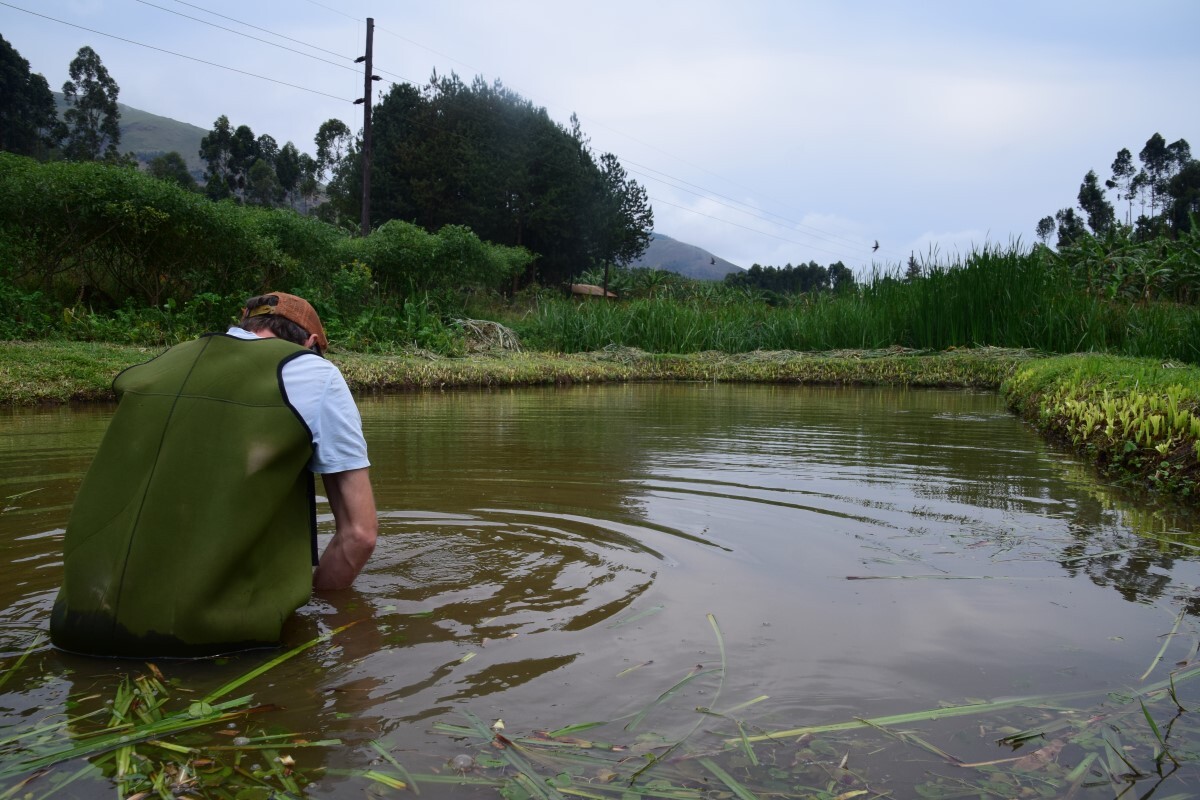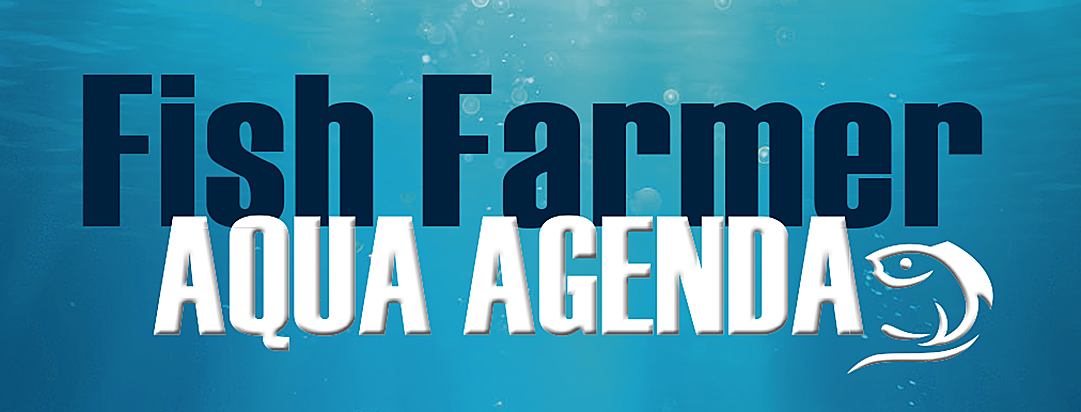Shellfish: 2024 in review
From shrimp welfare to the eco-benefits of oyster restoration, molluscs and crustaceans were in the news this year.
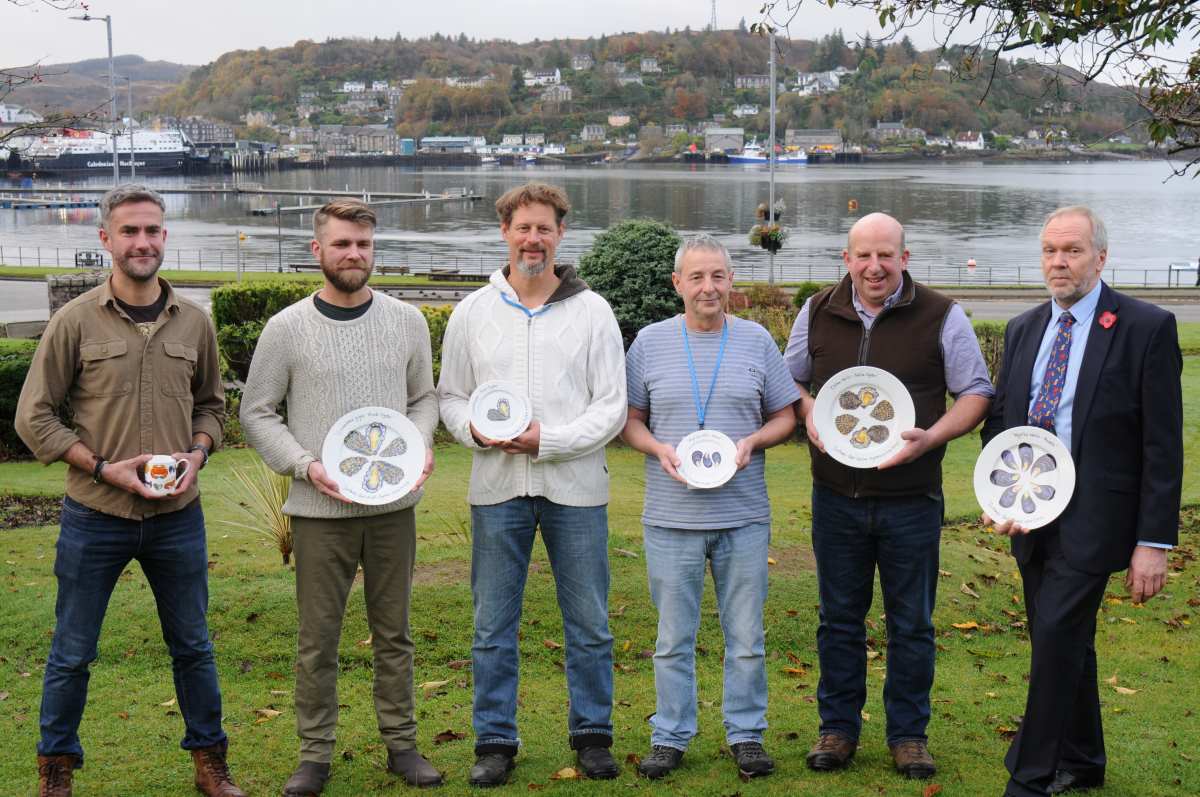
In January, the Scottish Government’s Marine Fund Scotland allocated £14m in grants to help develop and protect the seafood industry. The 2024/25 round included grants for the Rastech experimental shrimp farm at St Andrews (of which, more later), for shellfish producers including Cape Wrath Oysters and Blueshell Mussels, and perhaps most importantly, a grant of more than £430,000 to Robert Gordon University for a project aimed at finding an affordable, reliable and quick test for toxins in shellfish. The industry’s previous field test is no longer being produced by its manufacturers, and a commercial replacement as an alternative to expensive lab tests is proving hard to come by.
In February, we reported that innovative research by the University of Stirling’s Institute of Aquaculture could help improve mussel farming practices and lead to increased production. Blue mussel aquaculture is an important sustainable and eco-friendly way of producing a protein source, but the industry has been facing challenges resulting in production fluctuations.
The University of Stirling study saw scientists take samples from farms on Scotland’s Atlantic coast before carrying out genetic analysis. Researchers discovered regular genetic mixing changes local populations. The findings could help mussel farmers with site selection, stocking strategies and management practices.
In March, our shellfish correspondent Nicki Holmyard reported on the eighth international Shellfish Conference, held in the Netherlands, which covered some key topics for the industry.
“Future-proofing shellfish culture in the Netherlands” was the theme. Shellfish farmers from all over the world attended the conference, including delegations from England, the Shetland Isles, France, Portugal, Spain, Turkey and New Zealand. Over two days, several hundred delegates took in 18 plenary sessions, which looked at opportunities for mussels and oysters in a sustainable and protein-rich diet.
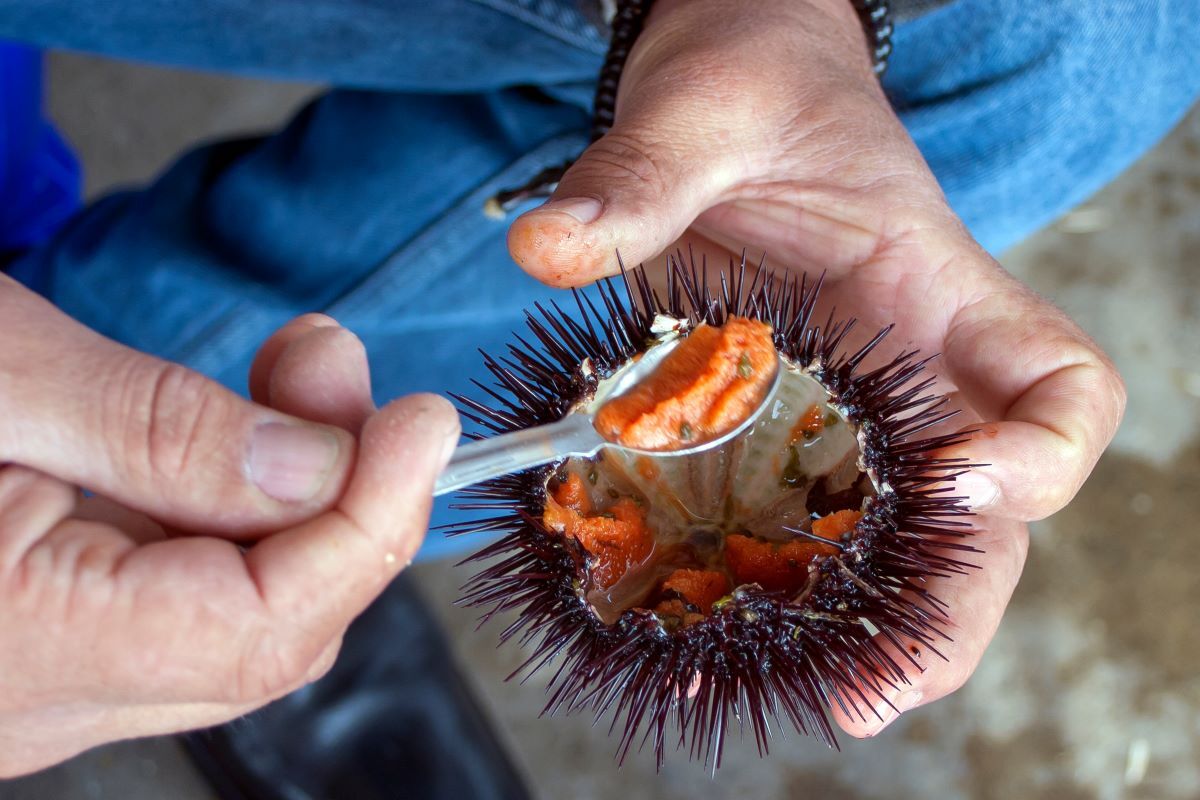
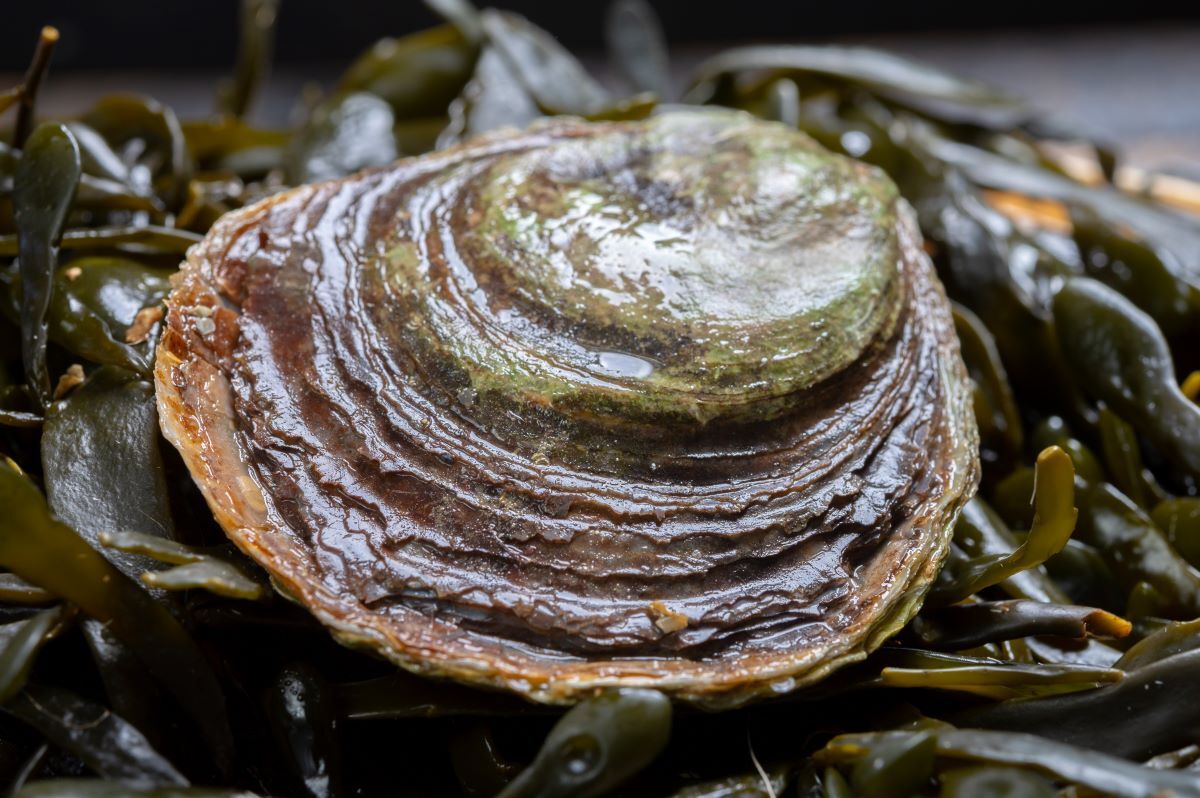
In April, we reported on a study that aims to use tagged lobsters to help assess the positive impact of offshore shellfish aquaculture on marine ecology. Scientists, mussel farmers and fishers on the Devon and Dorset coast are this month beginning the tagging work that will help them assess the impact of offshore aquaculture on the general health of the ocean.
The Ropes to Reefs project – funded through the Fisheries Industry Science Partnership (FISP) scheme, part of the Government’s UK Seafood Fund – is looking to assess the wider ecological benefits of the UK’s first large-scale offshore mussel farm, located in Lyme Bay.
It is being led by scientists at the University of Plymouth working with a range of partners, including producers such as Offshore Shellfish Ltd, Scallop Ranch Ltd, Biome Algae Ltd and various local and national fishing and conservation organisations.
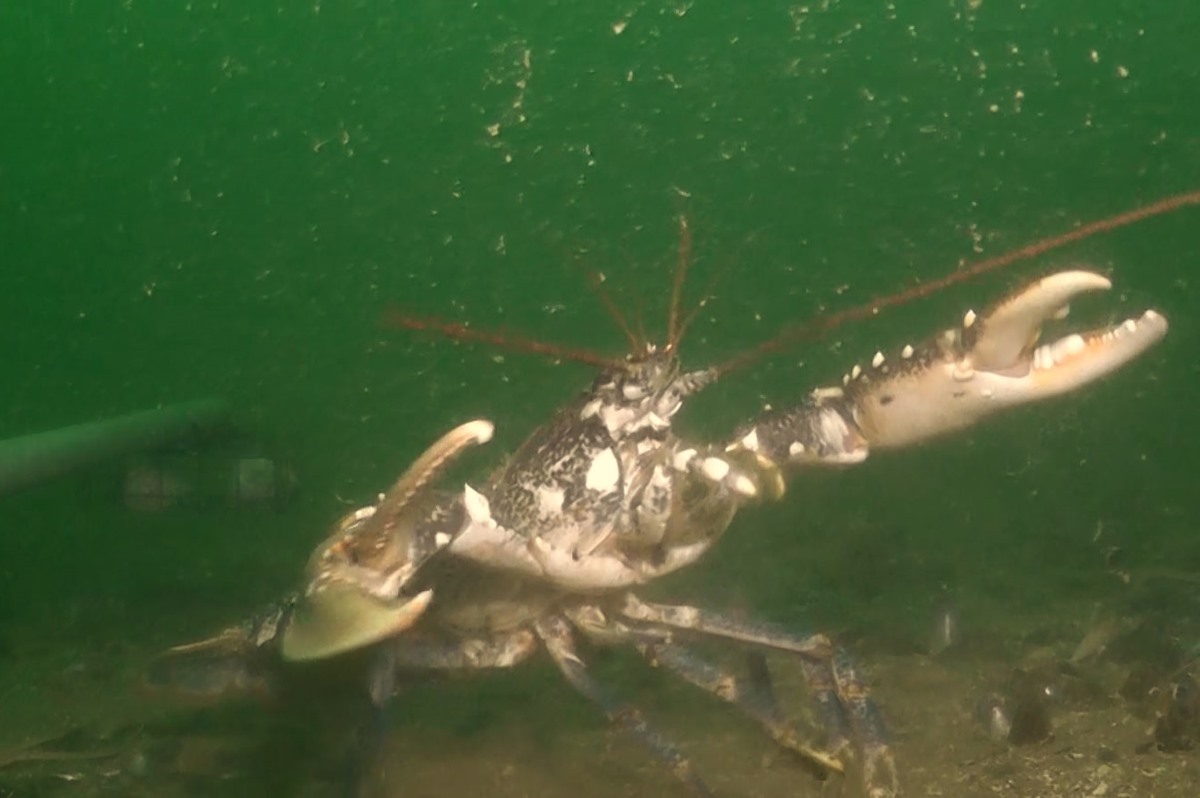
Lobster under the mussel beds
The UK’s snap general election meant that the annual conference of the Shellfish Association of Great Britain, held in late May, was lacking its usual contingent of Westminster politicians and UK civil servants, but it still offered a packed programme of presentations and panel discussions.
Key challenges for the industry discussed at the conference included: Defra’s refusal to reverse a decision to class Pacific oysters (Magallana gigas) as an invasive, non-native species, with the knock-on effect that landlords such as the Duchy of Cornwall are not renewing licences, and oyster farmers are being forced out of business; profuse rainfall during the winter period affecting rivers and subsequently the coastal area, with 3.6 million hours of sewage spills affecting the classification of shellfish farms; widespread negativity about the water system affecting consumer confidence; and no progress made towards enforcing a “polluter pays” principle, under which fines could be used to improve the water system rather than sinking into government coffers.
Meanwhile, figures from the Marine Directorate of the Scottish Government, published in June, showed that farmed mussel production in Scotland reached a record level in 2023, while there was a slight fall in the volume of farmed king scallops and oysters.
The figures came from the Scottish Shellfish Farm Production Survey 2023 compiled for the Scottish Government from returns provided by shellfish producers.
The figures for 2023 show that Scotland produced 10,300 tonnes of farmed common mussels, the largest amount ever recorded and representing a year-on-year increase of 13%.
Pacific oyster production was slightly down, by 4%, in tonnage terms, while there was an increase in the production of native oysters from 109,000 to 111,000 shells in 2023. Native oyster production is now back to the levels seen in 2019 after a serious slump in 2021. During 2023, 3.9 million Pacific oyster shells were produced for the table market. Almost half came from the Highland region and just under 34% from Strathclyde.
For more details on the survey, turn to page 128 of the Yearbook.
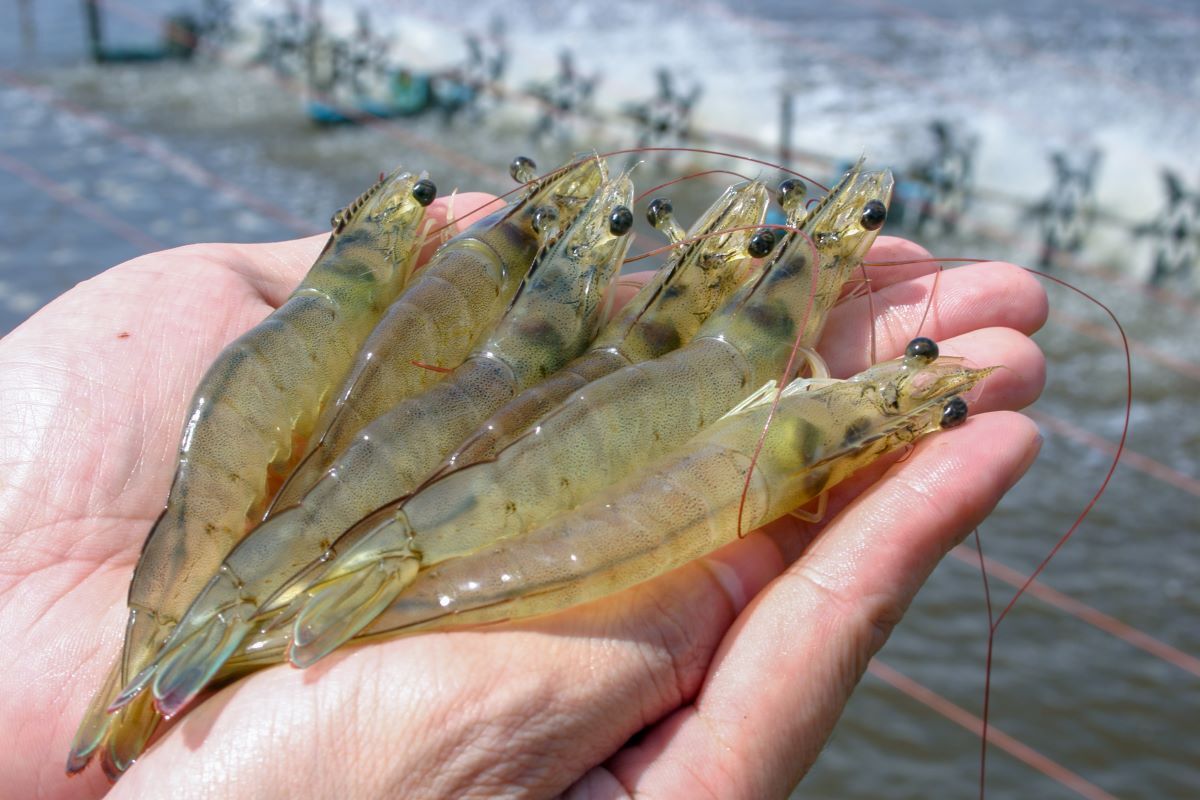
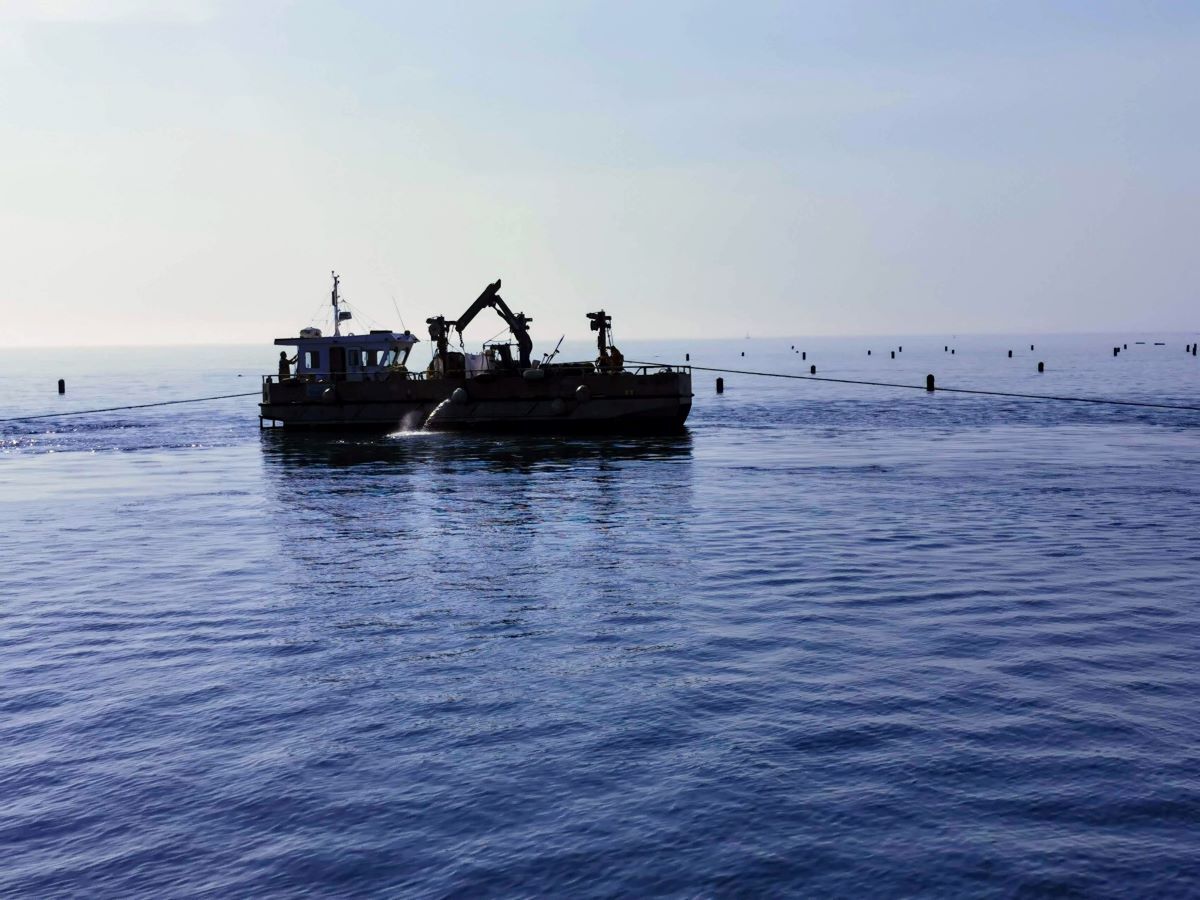
In July Urchinomics, the company dedicated to restorative aquaculture through “ranching” sea urchins, announced deals with a major capital investor and the owners of one of Japan’s leading sushi chains.
Urchinomics was created to address the problem of growing urchin populations, which are turning kelp forests into “urchin barrens”. Its solution is to remove the urchins and farm them in less problematic locations, enabling the kelp to recover while producing a delicacy that is prized across many Asian countries.
Verdant Bloom, the parent company of Urchinomics, signed an agreement with Japanese shipping and logistics group NYK which will see NYK investing an undisclosed amount of capital in the aquaculture business. At the same time, Urchinomics has also announced a collaboration deal with Food & Life Companies Ltd, which operates more than 1,100 sushi restaurants under the brands “Sushiro,” “Kyotaru,” “Sushi Misaki,” and “Sugitama” in nine countries and regions, including Japan.
In August, UK retail giant and Hilton Seafoods, one of its key suppliers, announced they have adopted a new crustacean welfare policy which includes stopping the practice of eye stalk ablation within two years.
Eye stalk ablation is a common practice in shrimp farming and involves cutting the eye stalks of farmed mother shrimp to improve reproduction. Hilton Seafood, which employs several hundred people at its Grimsby sites and is a leading supplier to Tesco among others, said the new policy was created with strong support from the international organisation Aquatic Life Institute.
Earlier this month, Tesco itself published a decapod crustacean welfare policy, also developed with the Aquatic Life Institute. Among other things, it means that no live crustaceans will be sold in Tesco stores.
The Aquatic Life Institute said the move indicated an important shift toward crustacean welfare considerations in the seafood sector and should create a ripple effect within the industry.
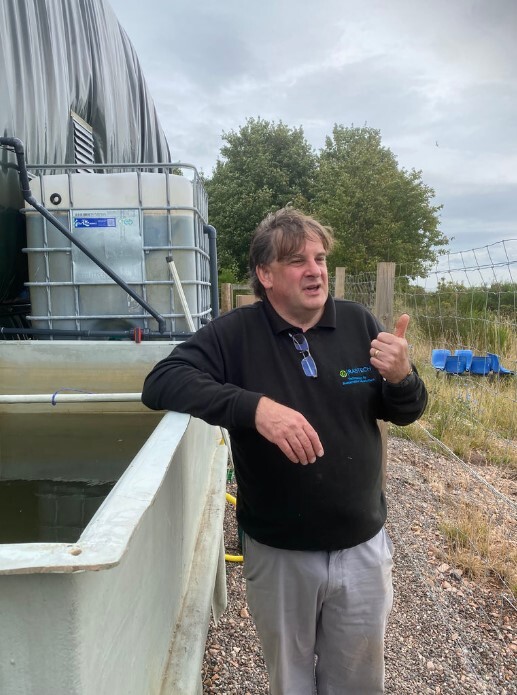
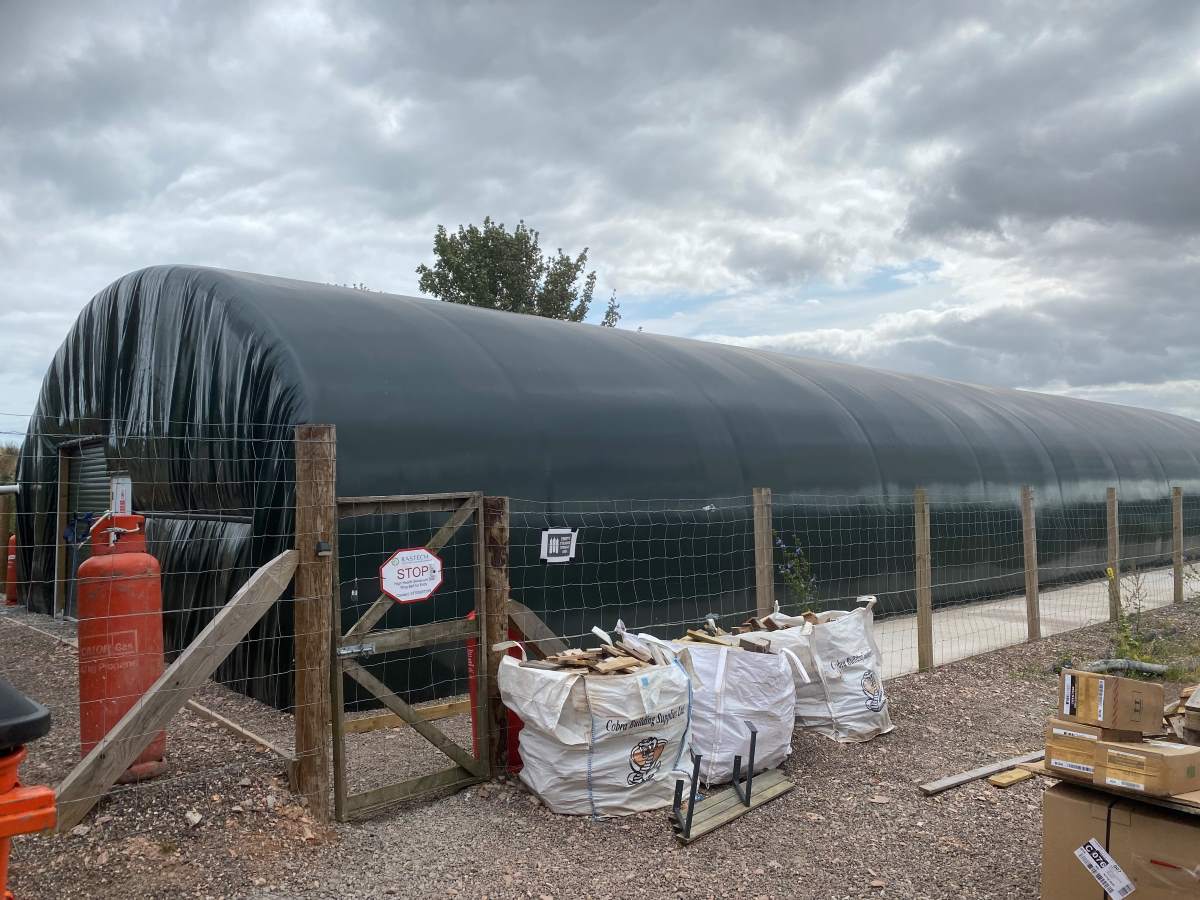
In the October issue of Fish Farmer, we featured the UK Sustainable King Prawn Project, which is looking to scope out the possibility of a UK industry producing L.vannamei shrimp – better known to British consumers as king prawns.
These crustaceans are a tropical species and raising them in the cold British climate is a challenge but, as we discovered, a trial farm in St Andrews run by Rastech is setting out to prove that this is not only possible, but commercially viable.
The farm is based at the University of St Andrews’ Eden campus, on land reclaimed from the sea over the years with waste dumped from a now defunct paper mill. Running on renewable energy, the farm started with an R&D section and is now populating its larger tanks with shrimp to allow farming at a commercial scale.
The best of Scotland’s farmed shellfish were recognised at the Scottish Shellfish Awards, held in October in Oban. Orkney Oysters, Islay Oysters and Inverlussa Shellfish were among the winners, and a special award this year was created for the “cocktail oysters” grown by Tom Ashton of Native Aqua.
The awards were part of the Association of Scottish Shellfish Growers conference, which also saw presentations on key topics from marketing to the development of a workable toxin test for producers, as well as perspectives from France and Chile.
Finally, in November we reported on a project which is setting out to bring native oysters back to the Black Isle, on Scotland’s east coast. In partnership with not-for-profit organisation Mossy Earth, the Oyster Restoration Company is donating European native oyster (Ostrea edulis) spat to help restart the Cromarty Firth’s lost oyster reefs.

